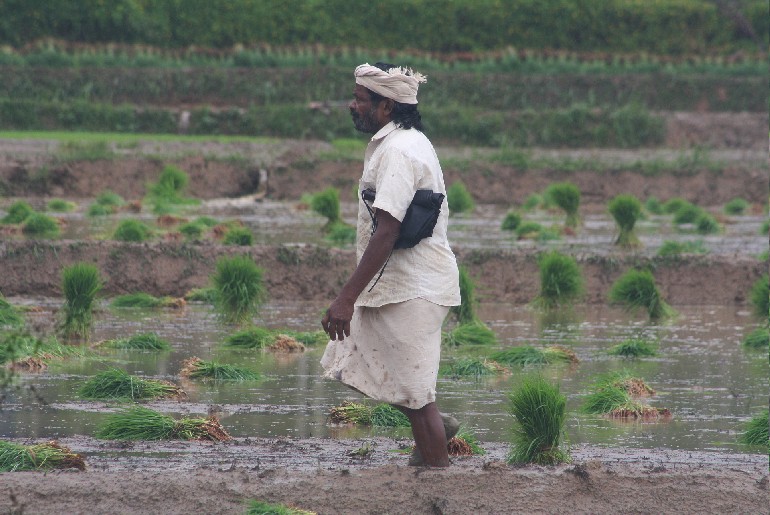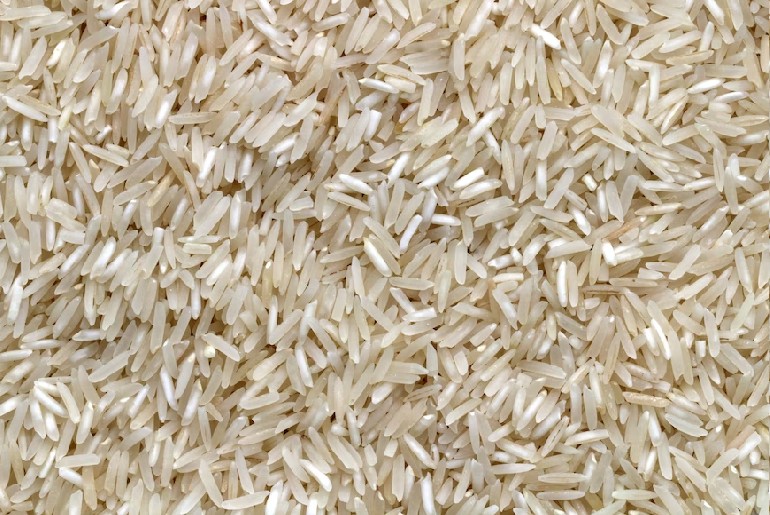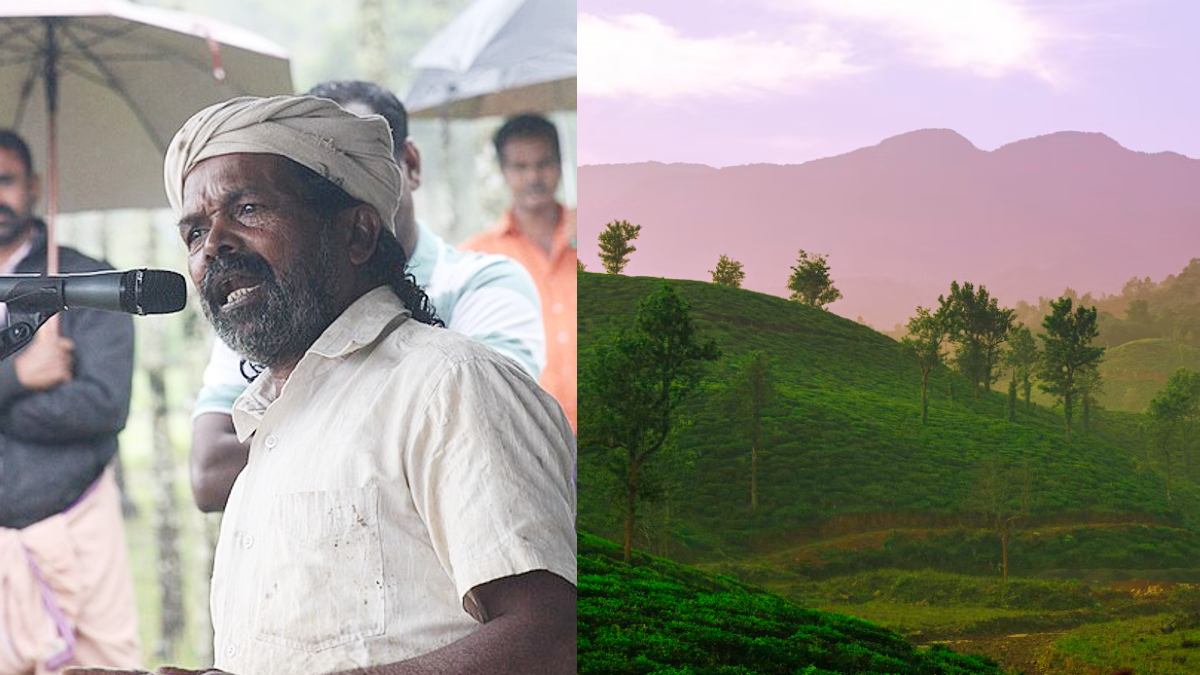The advancement of technology has modified the food habits of people across the globe. Most people now consume crops, fruits and vegetables that are processed and hybrid. Modern techniques often fast-forward the ripening processes of these natural products. They are sold at large in the local markets and have become a part of our regular consumption patterns.
Amid these, the indigenous varieties of crops are losing their significance. Cheruvayal Raman, a 72-year-old farmer belonging to the Kurichiya tribe of Kerala’s Wayanad, has taken up the onus of preserving around 54 local rice varieties using traditional and organic farming methods. Kurichiyas are closely associated with rice farming. Interestingly, Wayanad translates to ‘land of paddy fields’ in English.
Cheruvayal Raman, The Man Who Is Preserving The Rice Farming Culture In Kerela

At the age of just 10, Raman started paddy farming. Over the years, he developed a strong passion for cultivating indigenous Keralian rice varieties. Raman has also earned the title ‘Guardian of Native Paddy’ and awards like the P K Kalan Award and the Plant Genome Saviour Award for his commendable dedication. He lives a spartan life in the Western Ghats and preserves traditional rice varieties like Chettuveliyan, Jeerakasala, Thondi, Mannu Veliyan and Gandhakashala in his quaint 150-year-old eco-friendly mud house.
Also Read: This Eco-Resort In Kerala Sits Amid The Dense Jungle With Private Access To A Waterfall
Why Is It Important To Preserve Indigenous Crop Varieties?

As per reports, India was once home to over 1 lakh native rice varieties. Now, the number has dropped to around 6000. With his initiative, Raman is not only preserving the traditional paddy of Wayanad but also the rich farming culture of India. Raman can tell the names of these rice varieties with just a single look. He is also sometimes referred to as the ‘living paddy gene bank’. Factually, indigenous varieties of crops are more nutritious and appetising than processed varieties.
Also Read: The Ultimate Guide To Backwater Life Inside A Traditional Houseboat On Kerala’s Vembanad Lake
Wayanad is a pristine location in Kerala, with lush mountains, caves, waterfalls, lakes and more. When you visit the hill station, don’t forget to relish its local rice varieties.
Cover Image Courtesy: Wikimedia Commons and Unsplash
First Published: December 27, 2022 2:45 PM




